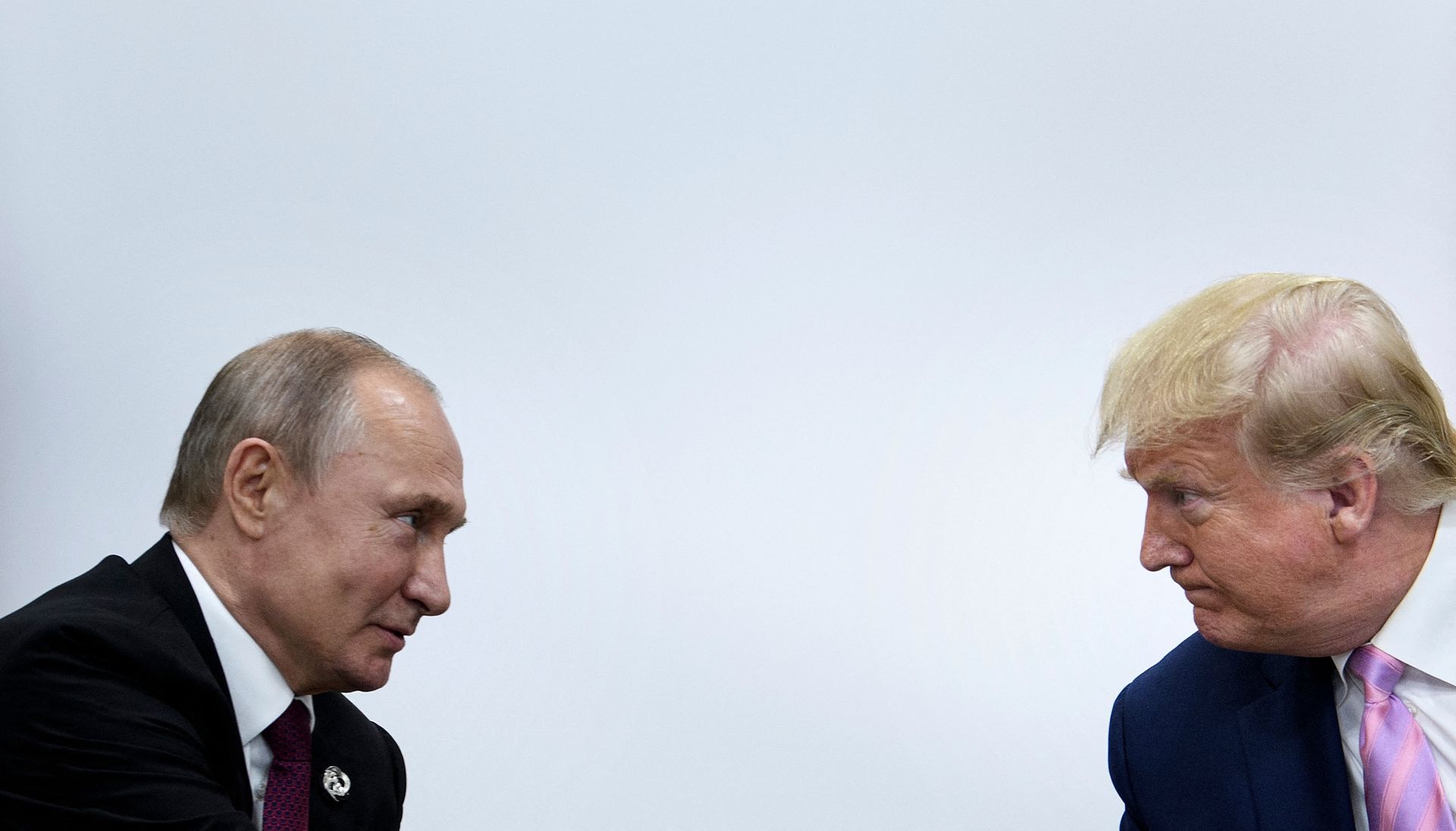Azerbaijan, Armenia publish text of initialed peace agreement

Armenia and Azerbaijan have published the text of a peace agreement they initialed on Aug. 8 during a trilateral summit with the U.S. in Washington, D.C., their foreign ministries announced on Aug. 11.
The 17-point document affirms mutual recognition of each country’s borders as defined during the Soviet Union era and specifies that neither side has, nor will raise, territorial claims against the other.
The two nations have been sworn enemies for decades, engaging in two wars over Nagorno-Karabakh region, a long-disputed enclave primarily populated by ethnic Armenians, but internationally recognized as Azerbaijan territory.
Azerbaijan recaptured the territory from Armenian forces in a swift 2023 offensive, prompting the exodus of more than 100,000 ethnic Armenians. Despite holding previous talks aimed at a peaceful resolution, including a meeting last month in the United Arab Emirates, a breakthrough had proven elusive until now.
"For more than 35 years, Armenia and Azerbaijan have fought a bitter conflict that resulted in tremendous suffering for both nations… Many tried to find a resolution… and they were unsuccessful. With this accord, we’ve finally succeeded in making peace," U.S. President Donald Trump said during a ceremony where the leaders of Armenia and Azerbaijan signed a joint declaration on peace and bilateral economic agreements.
Both countries also pledged to refrain from the use or threat of force against each other’s territorial integrity or political independence, and from interfering in one another’s internal affairs. They also agreed not to deploy third-party forces along their shared border.
Diplomatic relations will be established once the sides exchange "instruments of ratification," with further talks to follow on border delimitation and demarcation. The agreement also provides for the creation of a bilateral commission to oversee its implementation and requires both countries to withdraw mutual claims in international courts within a month of the deal taking effect.
The document also said both countries agreed to establish a bilateral commission to oversee the implementation of the peace deal, and withdraw mutual claims in international courts within a month after the deal enters into force, among other matters.
"The present Agreement is concluded in the Azerbaijani, Armenian, and English languages, with all three texts being equally authentic. In case of divergence as to the meaning of a provision under any of the authentic texts, the English text shall prevail," the text reads.












